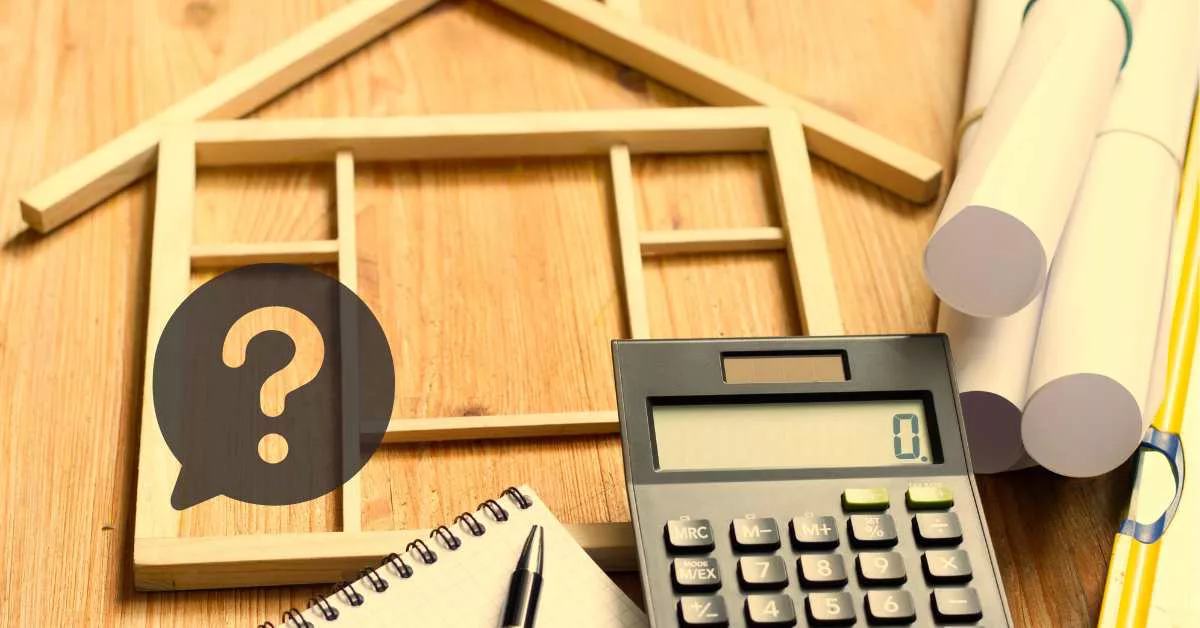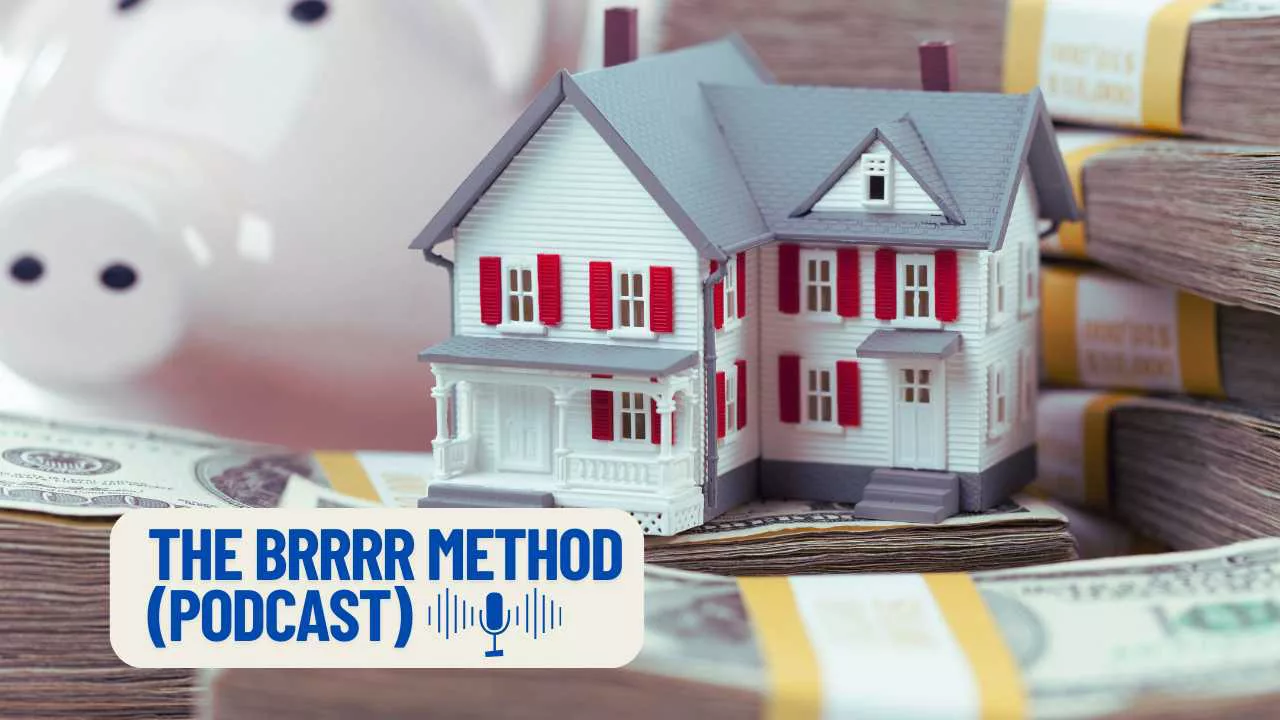I just love all the variables that go into appraising a house.
When it comes to buying or selling a home, bedroom count plays a critical role in both attracting potential buyers and determining resale value. The number of bedrooms – like two bedrooms, three bedrooms, or even a four-bedroom house – can significantly impact property value and desirability in the real estate market. For many buyers, an extra bedroom isn’t just another sleeping area, it could serve as a hobby room, an office, or even a bonus room for guests. If you’re comparing a two-bedroom house to a three-bedroom home, you might be wondering how that additional bedroom affects the resale value. Real estate agents often emphasize the appeal of extra living space when families are searching for their dream home.
- But does an extra bedroom, or upgrading from 2 to 3 bedrooms, lead to a higher property value?
- How does a three-bedroom house stack up against a compact two-bedroom in terms of investment and flexibility?
Maybe someone is making room for growing families or maximizing space for work-from-home needs, and having an additional bedroom can make all the difference. Let’s take a look at how two bedrooms compare to three bedrooms. I also want to get into the role of a four-bedroom house in today’s market, particularly for homeowners looking to boost resale potential. We’ll talk small bedrooms and the perks of extra space. It’s time to explore what truly adds value to your home in the competitive real estate market.
Bedroom Count Value
According to the 2022 Remodeling Impact Report by the National Association of REALTORS®, adding a room, such as a new primary bedroom suite, an attic conversion, or a basement conversion, can significantly enhance a home’s value, with cost recoveries of 56%, 75%, and 86% respectively at resale.
So, having more livable square footage in a house tends to increase its value. Larger homes typically offer more functionality, flexibility, and appeal to a broader range of buyers.
Increased Utility
More square footage means more usable space for bedrooms, living areas, or even bonus rooms, which can cater to different buyer needs like home offices, hobby rooms, or guest accommodations.
Market Perception
In the real estate market, larger homes are often perceived as more luxurious or accommodating, which can justify a higher price point.
Comparative Market Analysis
When appraisers or real estate agents evaluate a home, square footage is a key factor in determining its value compared to similar properties in the area.
That said, the value added by extra square footage depends on factors like location, layout, and how the space is utilized. For example, poorly designed or awkwardly placed square footage may not add as much value as well-planned, functional living areas.

Benefits of an Extra Bedroom Addition
When you’re deciding on the right number of bedrooms for a home, it’s helpful to think about how each option impacts its resale potential and overall appeal in the real estate market.
- A 2 bedroom home is ideal for individuals or smaller families, offering affordability but potentially limiting its attractiveness to larger households looking for extra space.
- Adding an extra bedroom to create a three bedroom house often increases the property value, as it provides families with more flexibility for a guest room, bonus room, or even a hobby room.
- A 3 bedroom home appeals to a wide range of buyers, offering just the right amount of living space for many situations, making it a favorite among real estate agents and potential buyers alike.
- A four bedroom house, or homes with four bedrooms or more, cater to larger families and buyers seeking a future-proof investment, though local market trends often dictate how much value this option adds.
Maybe it’s a cozy two-bedroom house or a spacious four-bedroom house, every layout offers unique advantages based on buyer preferences. Here’s how bedroom count can shape a home’s value.
If you choose two bedrooms or more, the key is understanding how that configuration fits buyer demand and helps maximize your home’s resale value.

Good Practices for Adding a Third Bedroom to Increase Resale Value
Adding a third bedroom to a two-bedroom house can significantly enhance its resale value and appeal to a broader range of buyers. This decision should be guided by careful planning and consideration of market conditions, buyer preferences, and potential costs. Here are the key factors to keep in mind.
1. Understand Market Conditions
- Assess the local housing market to determine how adding a new bedroom impacts home values in your area.
- Generally speaking, markets with strong demand for more bedrooms often yield a higher resale value for homes with three or more bedrooms.
- Consult with real estate agents to perform a comparative market analysis to gauge potential value increases.
2. Analyze Buyer Preferences
- Many home buyers, particularly families and young professionals, prioritize homes with more bedrooms, as these offer broader appeal and flexibility.
- Consider the needs of the typical buyer in your area. A bachelor’s degree-educated professional may want a home office, while families may seek additional bedrooms for children.
3. Evaluate Current Home Layout
- Review your existing space. Can you convert a finished basement, storage area, or other rooms into a third bedroom? This is often more affordable than building an entirely new room.
- Ensure the design complements the home’s flow and doesn’t create smaller rooms or compromise functionality.
4. Cost vs. Value Considerations
- Adding a bedroom can lead to a higher listing price, but how much value you gain depends on the cost of the addition relative to the home’s market and home sale trends.
- Seek estimates for construction costs and consider the ROI across different options (e.g., a four bedroom home may have an even greater value jump).
5. Highlight Benefits to Buyers
- More bedrooms = more space for a growing family or own rooms for guests, hobbies, or remote work setups.
- For resale, emphasize how the third bedroom provides versatility as a bonus room, den, or other space, meeting a variety of needs.
6. Future-Proof Your Investment
- If you’re planning upgrades for the near future, focus on quality and functionality, as these have a significant jump in buyer appeal.
- Keep in mind that a four-bedroom house or adding more than one bedroom may not always justify extra costs unless local demand supports it.
Consider following these best practices so you, as a home owner, can make informed decisions about adding bedrooms to ensure they enhance their property value and maximize their return on investment in the dynamic real estate market.

Stay Updated on Home Resale Value Trends
Keep learning about market demand and how your home’s features, like an extra bedroom or switching from a 2 bedroom to a 3 bedroom, could impact its resale value? Maybe you’re considering adding more space or transforming a three bedroom home into a 4 bedroom sanctuary, staying informed on current real estate trends can make a huge difference.
Know your local market, and how much value certain upgrades provide, or how adding an extra bedroom influences the listing price, ensures you make smarter decisions for your home sale.
Will converting other rooms into bedrooms boost your home’s value? How does the home’s resale compare to others with similar features in your neighborhood?
Keep checking back as we regularly provide updates on the factors driving resale value—from the impact of a one bedroom increase to trends in adding bedrooms. Don’t miss out on the insights that could make all the difference in your renovation or selling plan.




